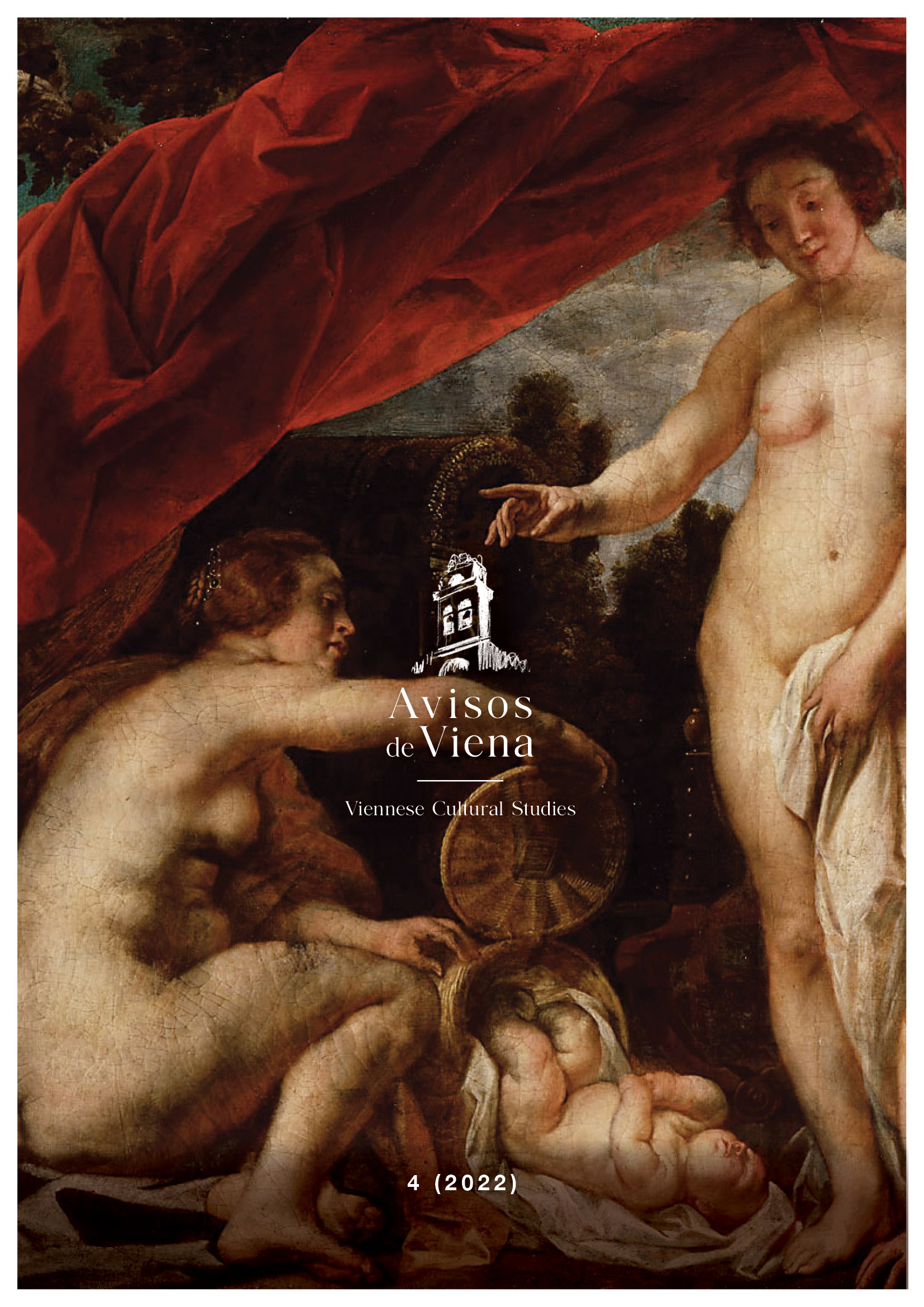¡Dime quién te trajo al mundo, y te diré quién eres!
DOI:
https://doi.org/10.25365/adv.2022.4.7522Keywords:
Parish registers, Ethnic identity, Baptism, Parental role, Social hierarchyAbstract
Parish registers serve as rich repositories of demographic data and insights into ethnic identity formation during the 16th century. This study examines key entries in these registers, focusing on the role of parents in shaping ethnic identities. Baptism, a central sacrament in 16th-century Catholic life, emerges as pivotal, reflecting both religious ritual and social hierarchy. Analysis of parish records from the Viceroyalty of Peru reveals how parental involvement in baptism ceremonies not only affirmed religious participation but also delineated social and economic boundaries within a multiracial society shaped by Spanish colonialism. The absence or presence of parents during baptism ceremonies carried significant implications for the racial classification and social positioning of individuals, underscoring the intricate interplay between religious practice, social status, and ethnic identity in colonial Latin America.
References
Salazar Carreño, R. (2019). El compadrazgo de esclavos en el siglo XVII en la parroquia de Nuestra Señora del Socorro (Nuevo Reino de Granada). Anuario de Estudios Americanos, 76(2), 467–494. https://doi.org/10.3989/aeamer
Gutiérrez Azopardo, I. (1983). Los libros de registro de pardos y morenos en los archivos parroquiales de Cartagena de Indias. Revista Española de Antropología Americana, 13, 121–142. https://dialnet.unirioja.es/metricas/documentos/ARTREV/902488
Downloads
Published
How to Cite
Issue
Section
License
Copyright (c) 2022 Luis A. Moreno Príncipe

This work is licensed under a Creative Commons Attribution 4.0 International License.
© Open Access, CC BY 4.0








